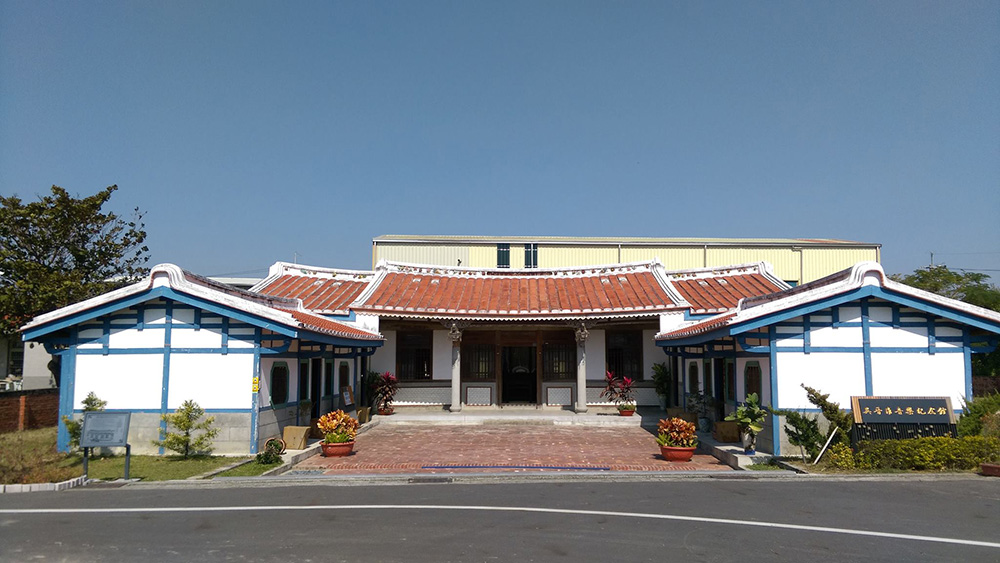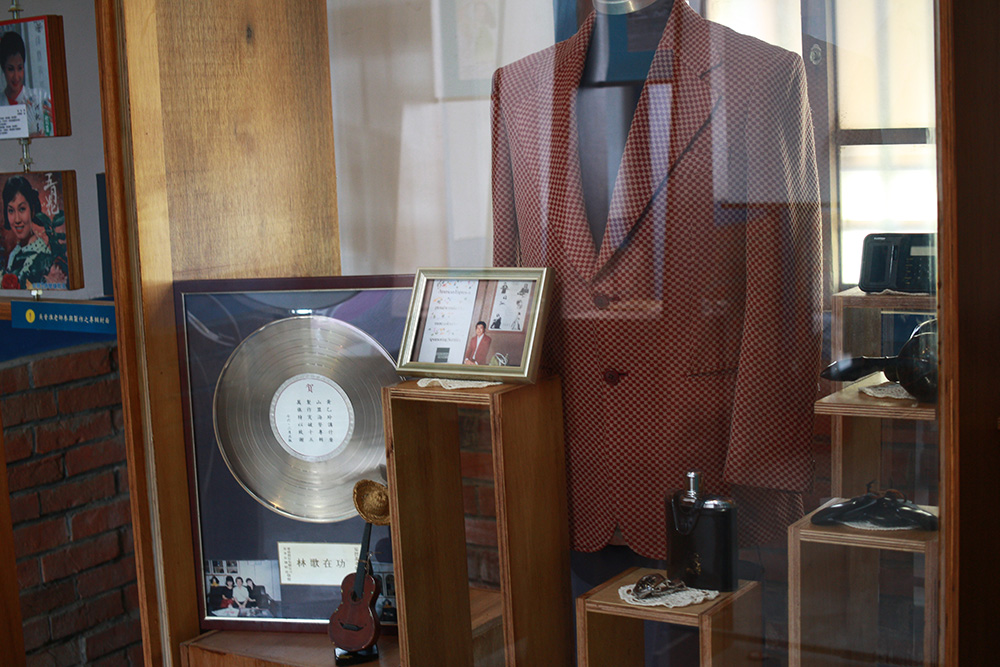Wu Jin-huai was born in Renhe Village in Liouying, Tainan in 1916. The Memorial Hall was Wu’s former residence during his youth. At the age of 12, Wu traveled to Japan, intending to learn medicine at the first place. However, he later found passion in music and studied at the prestigious Japanese Kayokyoku Academy, specializing in classical guitar. There Wu learned how to create popular music under the guidance of the director Omura Nosho and enka master Koga Masao, and such foundation helped him thrive in the show business in both Japan and Taiwan later.
Shortly after his return to Taiwan in the 1950s, Wu Jin-huai composed a few classics such as “Romance of Guanziling” and “Dim Moon” and became a popular artist whose fame matched that of Hong I-feng, Hsu Shih, Wen Hsia and other famous singers. In Taiwan, Wu also founded the Music Study Club to teach music in an academic fashion. His students include famous artists such as Kuo Chin-fa, Tsai I-hong, Chen Fen-lan, Hsiao Li-chu, Yang Kuang, Liang Shan, Huang Yee-ling, etc. Later in his music career, he became a record producer and made indelible contributions to modern Taiwanese records. Wu was not only a composer and performer, but also an instructor and producer. Such achievement laid the foundation for his status as a remarkable and irreplaceable artist in the history of Taiwanese folk music.
On September 28, 2012, Wu Jin-Huai Memorial Hall was officially inaugurated. In addition to introducing Wu’s music life, the Memorial Hall also displays hand-written music scores, guitars, and related antiques of Wu. As a witness to the change of the times and the legacy of his music, the former residence helps to pass down the history of Taiwanese folk songs. At the same time, the old building’s life is also preserved and extended to present the humanistic characteristics nurtured by the age-old building. The Memorial Hall has been registered as a historic building as an important cultural asset.
facebook:https://www.facebook.com/jiehe158



